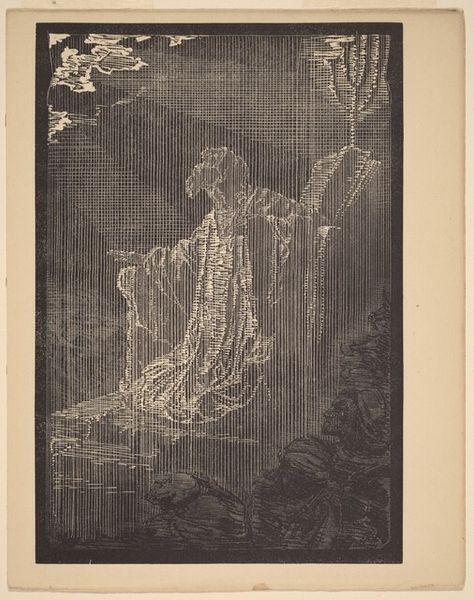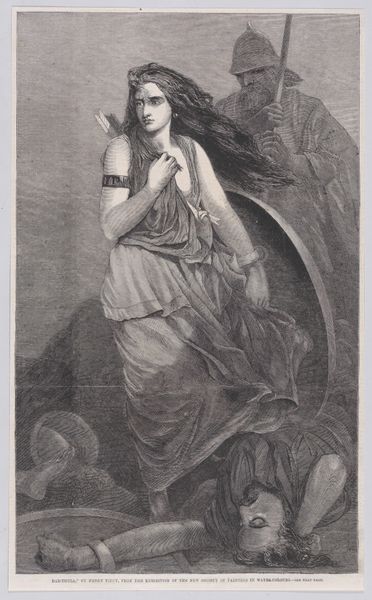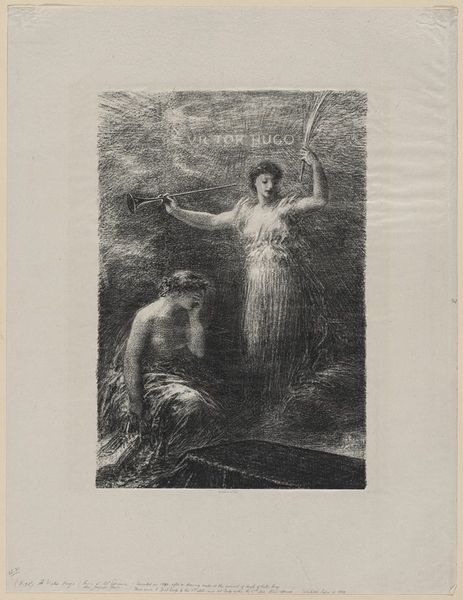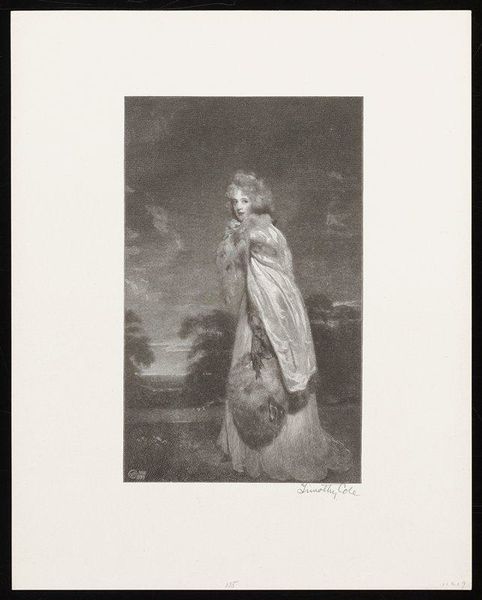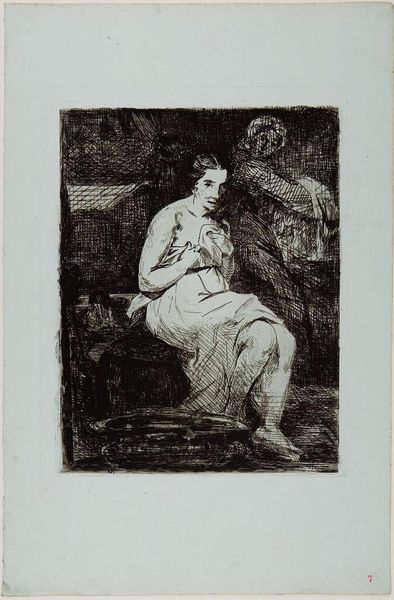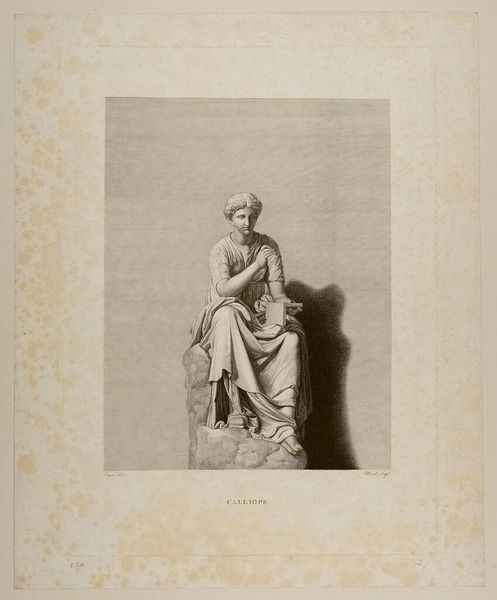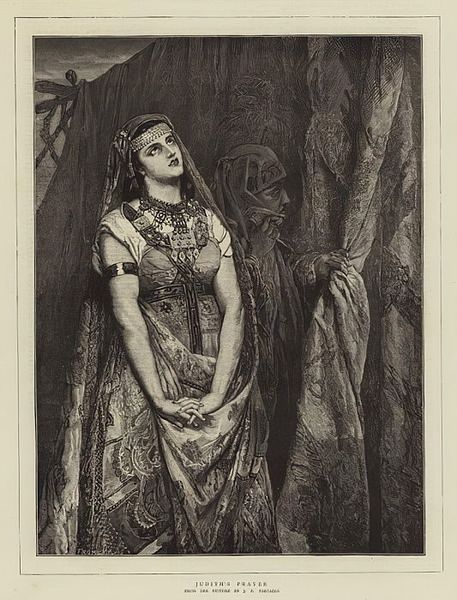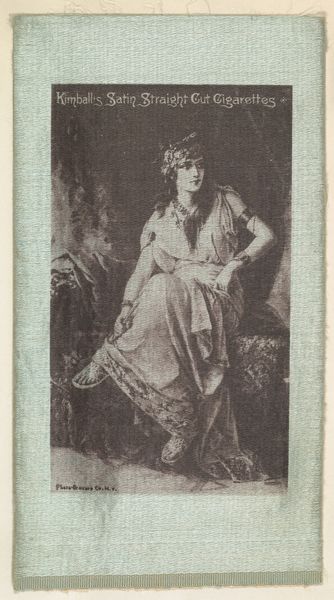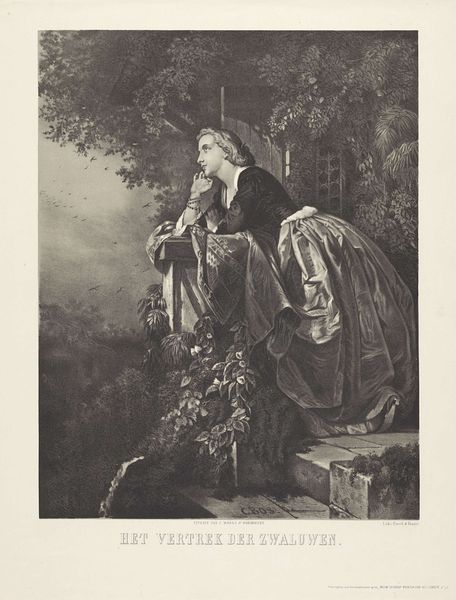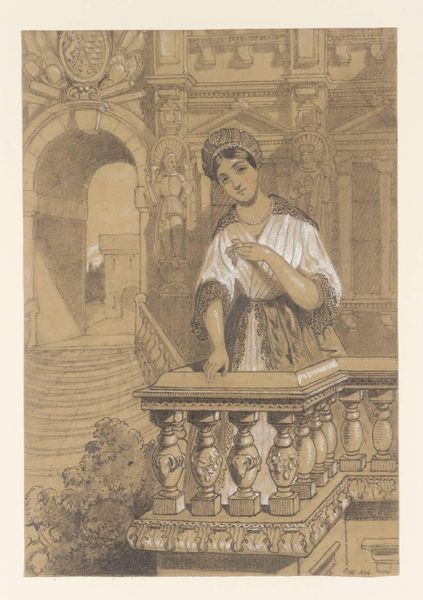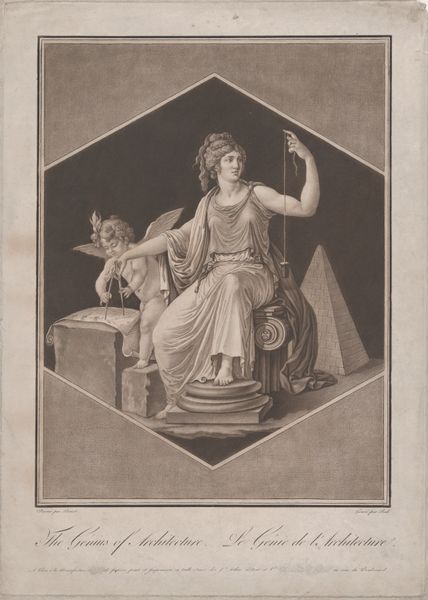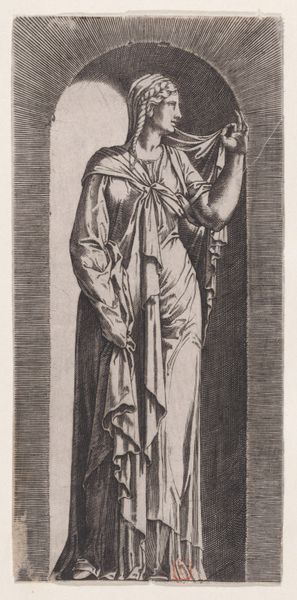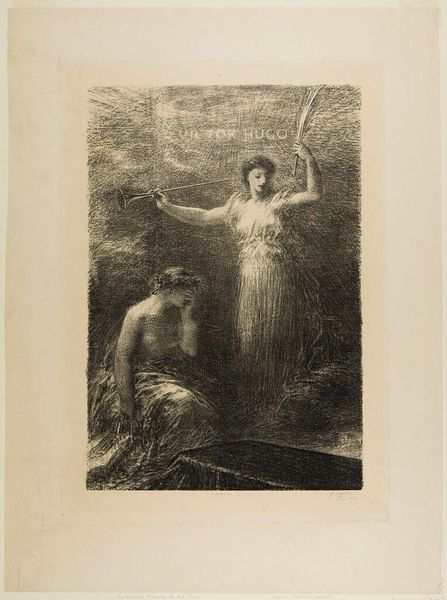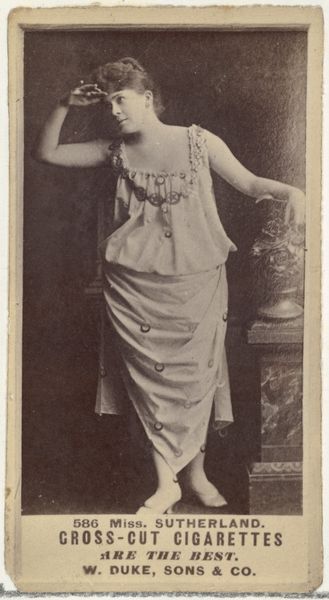
painting
#
portrait
#
painting
#
figuration
#
romanticism
#
history-painting
#
academic-art
Copyright: Public domain
Editor: This is “Mused,” a painting attributed to Wilhelm Kotarbinski. It appears to be an oil painting and it evokes a feeling of introspection. The woman is alone in a large area but still feels rather lonely and stuck in her own head. How do you interpret this work? Curator: It's intriguing how you perceive that sense of loneliness. When I look at "Mused," I see a portrait deeply embedded in the art-historical context of representing female figures during the late 19th century, perhaps even echoing Romantic ideals. Consider the pose: does it remind you of similar depictions of women in art history, especially concerning how female interiority was portrayed, or often, projected onto them? Editor: I can see that a bit now. Is there anything more specific about the setting and the composition that stands out in relation to those projections of female interiority? Curator: The artist situates her on what appears to be a staircase leading towards a dimly lit area and large stone vessels filled with plants, placing the muse in a transitional state. Is she rising, falling, trapped, or pausing for consideration? It provokes us to confront prevailing patriarchal constructs: the lack of a defined direction and a posture of pensive stasis are a visual representation of limitations imposed on women regarding progress, decision-making, and agency, whether real or imagined. Editor: It sounds like the positioning of the woman within her setting really adds a critical layer to its historical meaning, questioning power dynamics and what possibilities there are for this character and other women. Curator: Absolutely. Considering visual elements alongside historical context encourages us to consider how art serves not merely as documentation but as a vital participant in social dialogues that can challenge dominant ideologies of power, agency, and societal expectations of progress for women. Editor: I’ll certainly consider this perspective next time. Thanks.
Comments
No comments
Be the first to comment and join the conversation on the ultimate creative platform.
